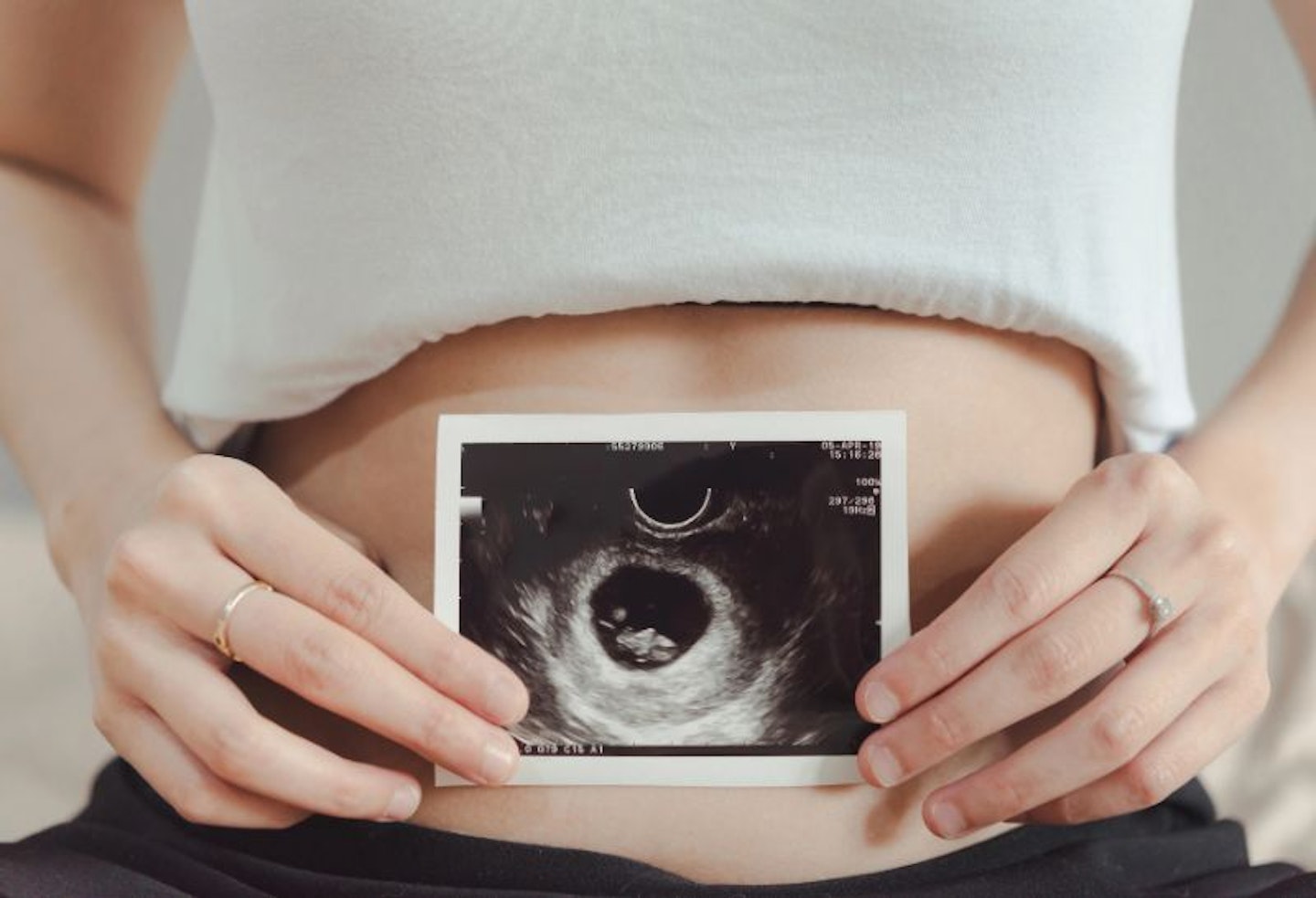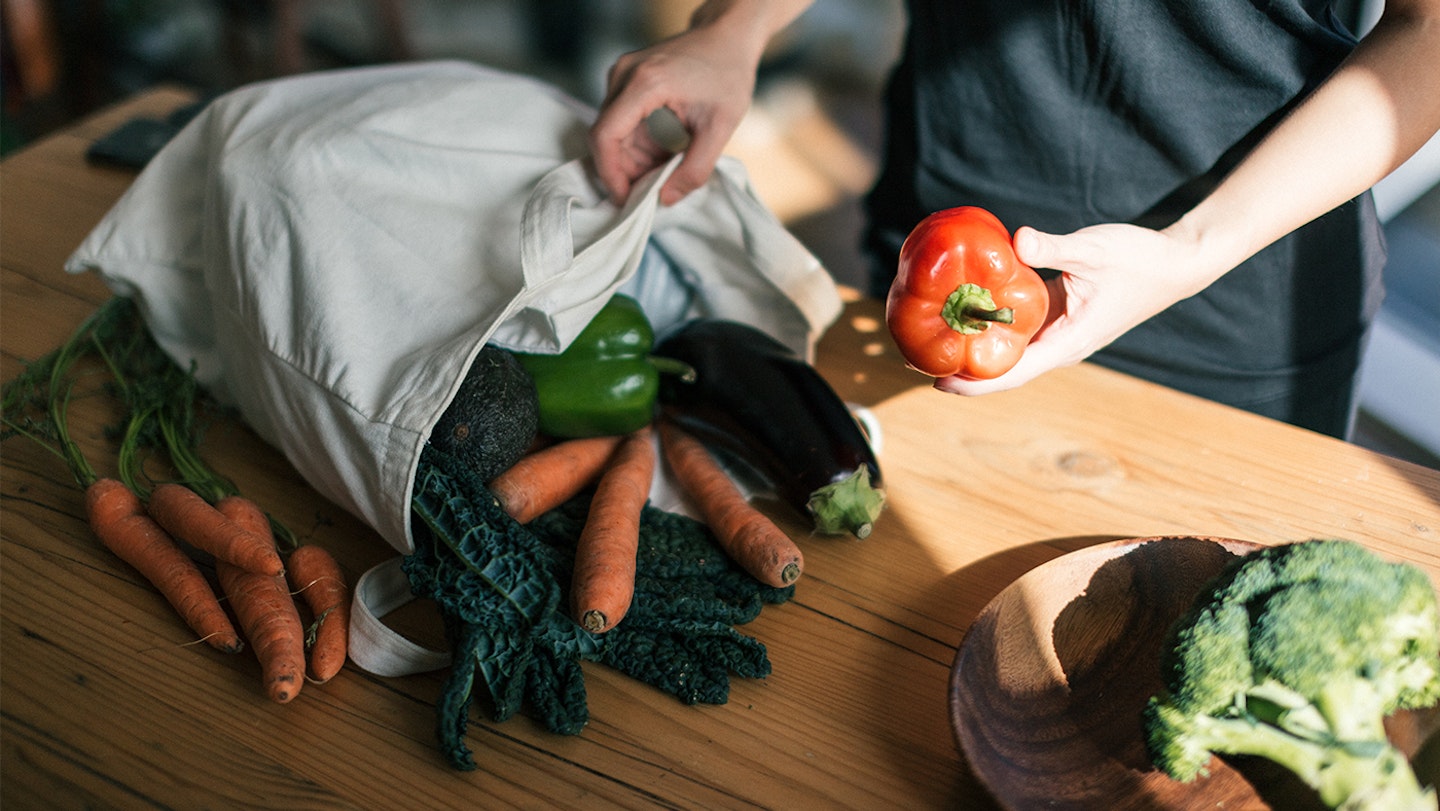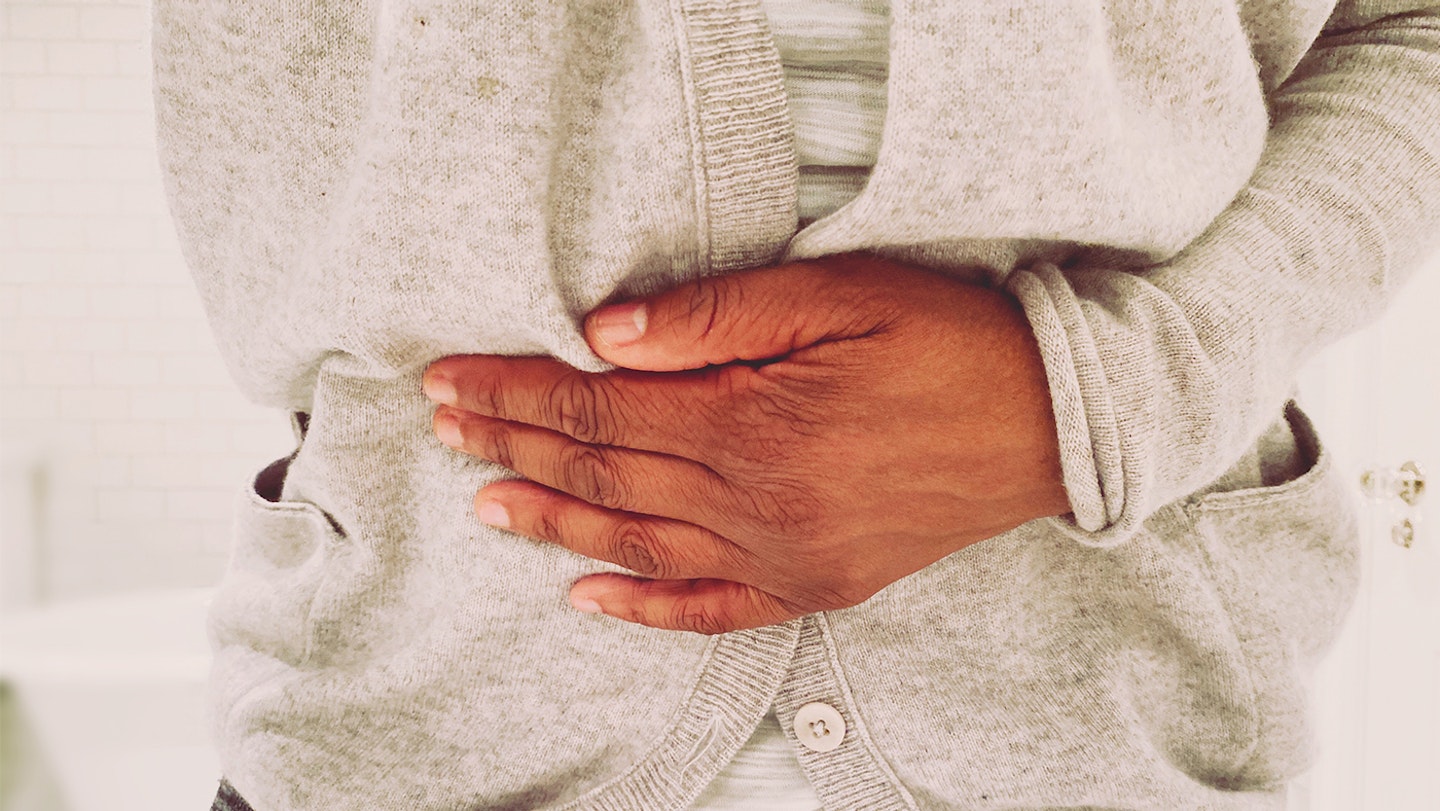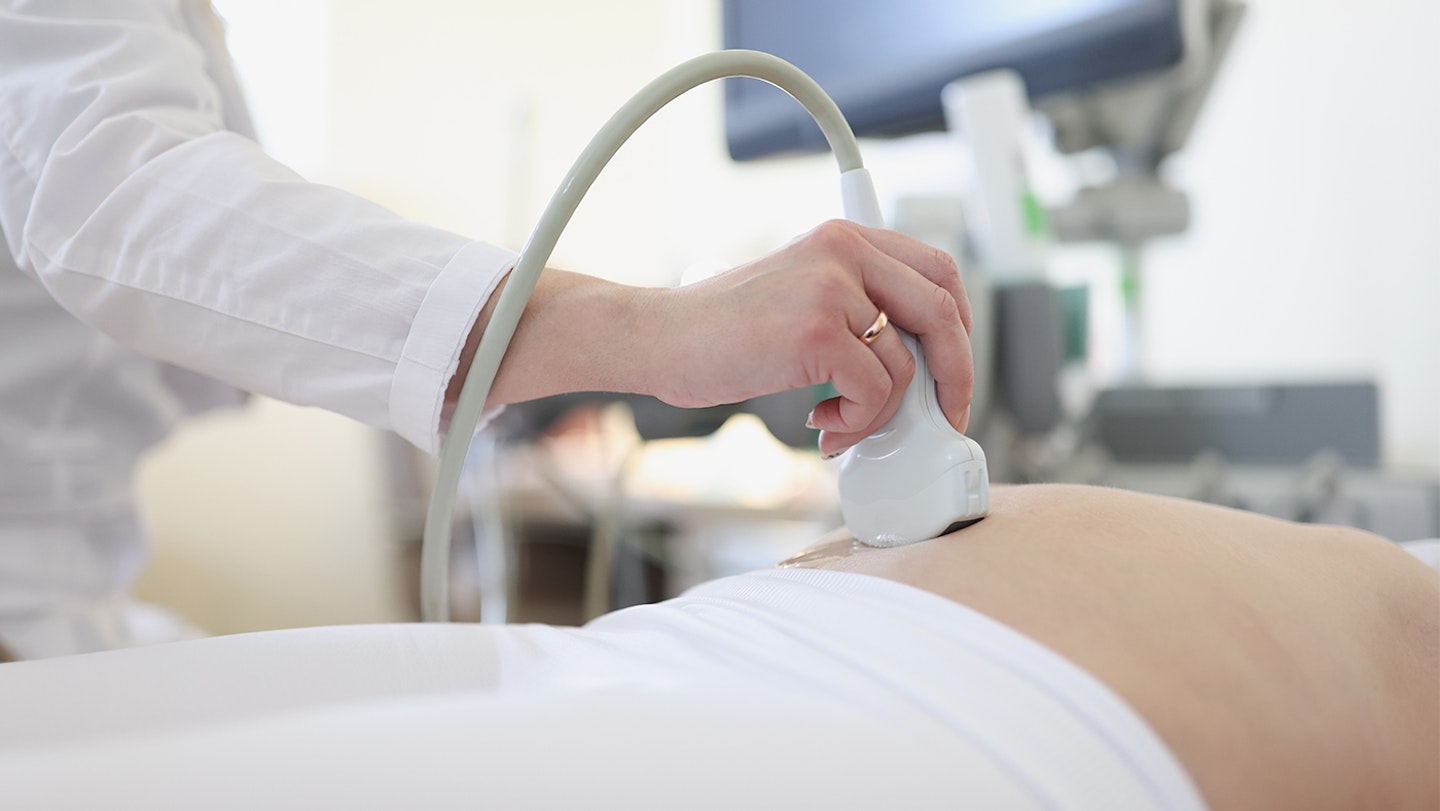
Medically Reviewed by: Dr Ayanthi Gunasekera
At 8 weeks pregnant, your pregnancy may still be fairly recent news but your baby been busy growing and developing, including starting to develop their eye colour! And it's not just your baby that's been changing. Your body has also been adapting to its new role which may cause various symptoms in your 8th week of pregnancy.
For this guide, we've spoken to Dr Ayanthi Gunasekera, who has has written patient information leaflets and guidelines on pregnancy and women's health, to find out what’s happening with your body, including the common symptoms you might face and how to handle them. We’ll also share some handy self-care tips to keep you feeling good. Plus, we’ll update you on the latest developments in your baby’s growth, from their new features to how they’re progressing inside your belly.
What's 8 weeks pregnant in months?
At 8 weeks, you’re in your second month of pregnancy. You're also in the first trimester and have just 7 more months to go!
How big is my baby at 8 weeks?
Your baby has grown from the blueberry they were in Week 7 of pregnancy to the size of a raspberry. "At 8 weeks, your baby is about 16 mm long. That is about the size of a raspberry," says Dr Ayanthi Gunasekera, consultant obstetrician and gynaecologist.

8 weeks pregnant belly size
It is unlikely that you will have a bump at 8 weeks pregnant, but all bodies and pregnancies are different. Your belly may look a little different to you, though, as bloating is common in early pregnancy. You may notice your boobs may start looking bigger and more swollen. Your uterus, which is normally the size of a fist, has grown to the size of a large grapefruit by week 8, but not enough to push out a prominent bump.
Baby development at 8 weeks pregnant
Growth and limb development
Your little embryo is growing rapidly, at a rate of about 1mm per day so by Week 9 of pregnancy they'll be the size of a strawberry! This week, significant progress is being made in developing the arms and legs, with more definition appearing around where the knees, elbows, wrists, and ankles will eventually be.
Organ formation
"Eight weeks into your pregnancy, your baby’s major organs and systems are forming, including the heart, brain, and spinal cord," says Dr Ayanthi. The baby’s heart is now beating and can often be detected via ultrasound, which is a reassuring sign of development.
Facial features
"Small swellings are beginning to outline the future shape of your baby's ears, and their eyes are becoming more noticeable. The trunk and neck are also starting to straighten out, giving your baby a more defined shape," says Dr Ayanthi.
Placenta development
Your placenta is preparing to take over vital functions. It’s forming ‘chorionic villi,’ which the NHS notes are tiny branches that help it attach to the uterine wall. This setup will allow your blood supply to nourish your baby and remove waste products in the coming months.
Baby’s appearance
This week, your baby is starting to look more like a tiny human. They now have a small upper lip, a nose, and tiny eyelids. Their legs are lengthening, and their fingers and toes are beginning to form.

Your body at 8 weeks pregnant
Increased blood volume
"Your blood volume is increasing to support the growing pregnancy, which may result in changes in blood pressure," says Dr Ayanthi. This rise in blood volume, combined with pregnancy hormones, can lead to headaches. Remember to stay hydrated and rest when possible.
Hormonal effects on blood pressure
Progesterone, a key hormone during pregnancy, helps by relaxing the tissues in your heart and blood vessels. This process helps keep your blood pressure in check. However, hormonal changes can also impact digestion, causing symptoms like nausea and changes in appetite.
Digestive system changes
It’s normal to experience constipation as your digestive system relaxes, which might lead to piles in pregnancy. If you're experiencing discomfort, it’s important to consult your doctor about any health concerns.
Growing uterus and bloating
While your uterus is usually the size of your fist, it's now grown to the size of a grapefruit, so you might notice a slight bump, especially when your belly is bloated. This may cause a few more trips to the toilet than you're used to. "The growing uterus can exert pressure on the bladder, leading to increased frequency of urination," says Dr Ayanthi.

8 weeks pregnant symptoms
While it is completely normal to be pregnant at 8 weeks with no symptoms, you might find that you start noticing the first symptoms of pregnancy around this time. These could include:
Morning sickness
If you haven't had it already, there's still a chance morning sickness might start this month. Morning sickness is extremely common in pregnancy, but sometimes you can experience these symptoms all day! Although we’re not exactly sure what causes that queasy feeling, it’s thought to be down to those pregnancy hormones you’re learning to live with.
Remember to try and eat little and often, and rest assured even if you are being sick, your baby feels just fine. Ginger, honey and lemon are also foods that can help ease symptoms of nausea.
Also, it does tend to ease off around weeks 12-14, so not too long to go! That said, if you’re in the unlucky 1% of women who suffer from extreme vomiting and sickness, also known as hyperemesis gravidarum (the condition Kate Middleton suffered with during both her pregnancies) it’s not something to ignore.
If you’re unable to eat or drink anything, your lips and mouth are dry and your urine is dark, contact your GP immediately.
Fatigue
Yep, it’s been on this list for the past few weeks, but pregnancy fatigue is still a very common symptom. Remember, to cut your body some slack and listen to it - after all, you are growing a baby!
Discharge
Another one that is caused by the pregnancy hormone oestrogen. This white milky discharge (medically referred to as leukorrhea) protects that important part of your body from infection, by maintaining a healthy balance of bacteria, so don’t worry about it.
Bloating, gas and constipation
You might begin to feel changes in your belly at this stage, with many women experiencing bloating, gas and the dreaded constipation. To help your food digest quicker, make sure you're eating plenty of fibre and be sure to relax when you eat.

Cravings
You'll have probably heard of the different food cravings women can experience during pregnancy, but if you're finding you're craving strange substances such as clay, this could be a sign of iron deficiency and you should speak to your GP.
Frequent urination
Yep, you may still find yourself having to run out of the room mid-conversation as you need to pee. It’s due to your uterus expanding, which puts extra pressure on your bladder. This symptom will continue to come and go throughout your pregnancy.
Cramping
The NHS notes that cramping at 8 weeks pregnant is an early pregnancy symptom caused by your growing uterus. If the pain becomes severe, call your midwife or GP.
Looking after you at 8 weeks pregnant
Avoid smoking, alcohol, and recreational drugs
"These can have harmful effects on your developing baby. You should also discuss any prescription or over-the-counter medications with your healthcare provider," says Dr Ayanthi.
Invest in a supportive bra
Your breasts are going to feel a lot heavier from now on, so invest in a well-fitted maternity bra that will support you properly.
Drink plenty of water
Staying hydrated is important, especially if you don't fancy eating. Try adding a bit of lemon or mint flavouring to your water, or try sparkling water.
Stock on healthy foods
Spend some time in the fruit aisle! Fruits are packed with the vitamins and nutrients your baby needs and help keep you regular.
"Maintain a balanced diet. Focus on foods rich in vitamins, minerals, and nutrients," says Ayanthi. You want to stock up on all the healthy foods you need for pregnancy plus any prenatal vitamins to give yourself a healthy start to your pregnancy journey.
Start doing your squats
Another example of something we know we should be doing anyway but not only do squats help tone your thighs, but they can also help during labour! What are you waiting for?
Other things to consider at 8 weeks pregnant
Announcement plans
You and your partner may want to start planning how you'll announce your pregnancy to your friends and family.
Book a dentist appointment
"Hormonal changes during pregnancy can affect oral health, so it's important to maintain good dental hygiene," says Dr Ayanthi. So now is a good time to check in with your dentist to make sure you keep your teeth and gums in tip-top condition.
Read up on paternity and maternity pay
It's good to be fully aware of what maternity pay you're entitled to, as well as other benefits. A Mat B1 form is what you will need to apply for your leave but you won't get this until around 20 weeks.
What to speak to your doctor about at 8 weeks pregnant
"You should pay attention to any unusual symptoms or signs of complications, such as severe abdominal pain, heavy bleeding, or severe nausea and vomiting," says Dr Ayanthi. "Contact your doctor if you have concerns."

Scans and appointments at 8 weeks pregnant
You may have already made the appointment but if not, now is the time to make your booking appointment with your doctor. The NHS guidance states that this normally takes place between 8-12 weeks and that your healthcare provider will give you information you need, measure your blood pressure and test your urine for protein, discuss various screening tests, and plan the care you'll receive throughout your pregnancy.
If you experience any bleeding or if you've previously had a miscarriage or ectopic pregnancy, you may be offered an 8-week pregnant ultrasound ahead of the usual first scan at 12 weeks. Alternatively, if you feel like something isn't quite right and it's causing anxiety, you can book one privately. You may even be lucky enough to hear your baby's heartbeat!
8 Weeks Pregnant FAQs
What should I be feeling at 8 weeks pregnant?
At 8 weeks pregnant you may be feeling a range or symptoms but some women also find they're pregnant at 8 weeks with no symptoms. All women are different. Some symptoms you might experience at 8 weeks are morning sickness, fatigue, bloating, food cravings or aversions, sore breasts, headaches or mood swings.
How do I know if my pregnancy is healthy at 8 weeks?
It can be difficult to know if your pregnancy is healthy at 8 weeks, particularly if you're not experiencing any symptoms. If you're concerned at any point about any symptoms you're experiencing, or not experiencing, speak to your midwife.
About the expert
Dr Ayanthi Gunasekera is a senior obstetrics and gynaecology (O&G) trainee (ST7) in North and East London at Barnet and Chase farm Hospitals NHS Trust. She has a keen interest in medical education and has a PG certificate in Medical Education.
Ayanthi has written patient information leaflets and guidelines and joins the London Gynaecology team as Medical Information Lead. In her spare time, she enjoys painting, gardening, knitting and crafting with her two young children.
About the author
Emily Gilbert is the Features & Reviews Editor for Mother&Baby and has written for the website and previously the magazine since 2015. First-time mum to Theodore, Emily writes about everything from the top baby products to pregnancy, fertility and maternal mental health. Specialising in product reviews, Emily is the first to know about all the exciting new releases in the parenting industry.
